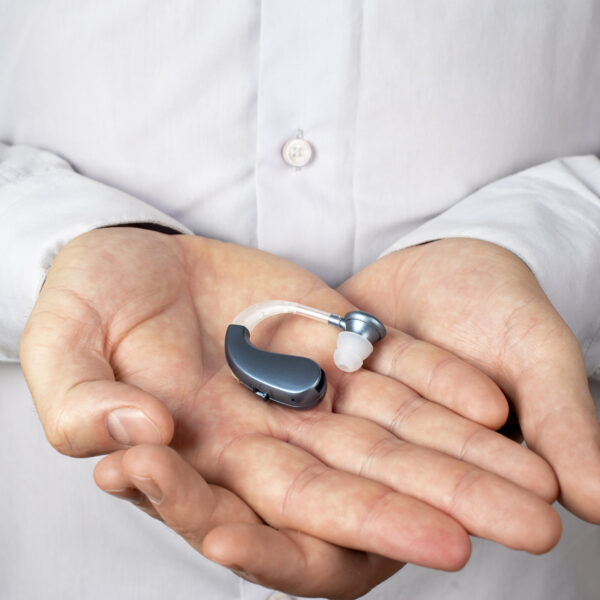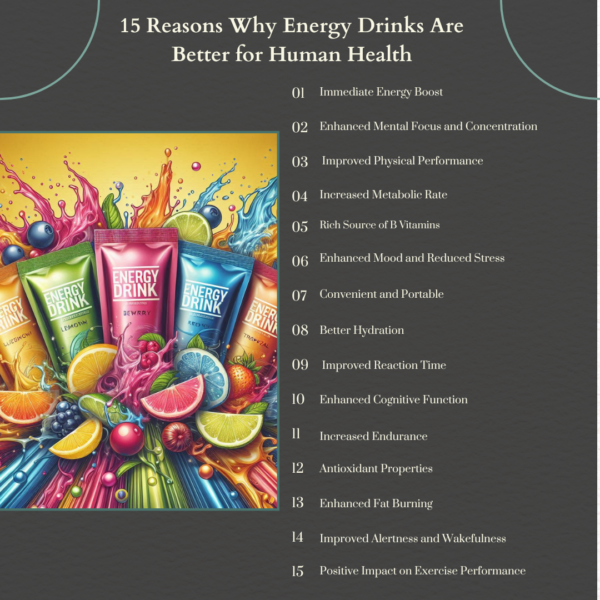
Introduction
Male infertility is becoming an increasingly prevalent issue worldwide, and Dubai is no exception. Understanding the complexities of male infertility is crucial for addressing the concerns of many couples facing challenges in starting a family. This article delves into the various aspects of male infertility, focusing on its causes, impact, diagnosis, treatment options, and preventive measures, with a particular emphasis on the situation in Dubai.
Understanding Male Infertility
What is Male Infertility?
Male infertility refers to a man’s inability to cause pregnancy in a fertile female partner. It is typically diagnosed after a couple fails to conceive after one year of unprotected intercourse. Male infertility accounts for about 40-50% of all infertility cases, making it a significant factor in the struggle for conception.
Causes of Male Infertility
Male infertility can arise from a multitude of factors, broadly categorized into medical causes, environmental influences, and lifestyle choices.
Medical Causes
- Hormonal Imbalances: Conditions like hypogonadism can lead to insufficient production of hormones crucial for sperm production.
- Genetic Factors: Chromosomal abnormalities, such as Klinefelter syndrome, can impair fertility.
- Structural Problems: Issues like varicocele, where veins in the scrotum are enlarged, can affect sperm quality.
- Infections: Certain infections can interfere with sperm production or function.
Environmental Factors
- Pollution and Toxins: Exposure to heavy metals and industrial chemicals can adversely affect sperm health.
- Heat Exposure: Prolonged exposure to high temperatures, such as frequent use of saunas or hot tubs, can reduce sperm production.
- Radiation and Chemicals: Jobs involving exposure to radiation or toxic chemicals can increase the risk of infertility.
Lifestyle Choices
- Diet and Nutrition: Poor dietary habits can lead to deficiencies that impact sperm quality.
- Exercise and Physical Activity: Both excessive and insufficient exercise can affect fertility.
- Smoking and Alcohol Consumption: These habits are known to reduce sperm count and quality.
- Stress and Mental Health: Chronic stress can disrupt hormone levels and negatively impact sperm production.
Statistics on Male Infertility in Dubai
Current Data and Trends
In Dubai, recent statistics indicate a rising trend in male infertility cases. Studies show that approximately 15-20% of couples in the UAE experience infertility, with male factors contributing to nearly half of these cases.
Comparison with Global Statistics
When compared to global statistics, Dubai’s rates of male infertility are on par with many developed countries. However, unique environmental and lifestyle factors in the region may contribute to the increasing prevalence.
Factors Contributing to Rising Rates
- Urbanization and Lifestyle Changes: Rapid urbanization has led to lifestyle changes that may negatively impact fertility.
- Environmental Pollution: Increased industrial activities contribute to higher levels of pollution, which can affect reproductive health.
- Diet and Obesity: Changes in diet and rising obesity rates in Dubai are also significant contributors.
Medical Causes of Male Infertility
Hormonal Imbalances
Hormonal issues can significantly affect sperm production and quality. Conditions like hypogonadism, where the body doesn’t produce enough testosterone, are common culprits.
Genetic Factors
Genetic abnormalities, including chromosomal disorders like Klinefelter syndrome, can impede normal sperm development and function.
Structural Problems
Problems such as varicocele, where veins within the scrotum are enlarged, can elevate testicular temperature, affecting sperm production and quality.
Infections
Infections in the reproductive tract can block the passage of sperm or affect its production. Conditions like epididymitis and orchitis are examples.
Environmental Factors
Pollution and Toxins
Exposure to pollutants and toxins, prevalent in industrial areas, has been linked to reduced sperm quality and quantity. Heavy metals and pesticides are particularly harmful.
Heat Exposure
Frequent exposure to high temperatures, whether from occupational hazards or lifestyle choices like saunas, can impair sperm production.
Radiation and Chemicals
Jobs that involve exposure to radiation or toxic chemicals, such as those in healthcare or manufacturing, can increase infertility risks.
Lifestyle Factors
Diet and Nutrition
A balanced diet rich in vitamins and minerals is essential for optimal sperm health. Deficiencies in nutrients like zinc, selenium, and folic acid can impair fertility.
Exercise and Physical Activity
Moderate exercise is beneficial, but overtraining can lead to hormonal imbalances, while a sedentary lifestyle can contribute to obesity and reduced fertility.
Smoking and Alcohol Consumption
Both smoking and excessive alcohol intake are linked to lower sperm counts and poor sperm motility. Quitting these habits can improve fertility outcomes.
Stress and Mental Health
Chronic stress can lead to hormonal imbalances that negatively affect sperm production. Managing stress through relaxation techniques and mental health support is crucial.
Impact on Couples and Families
Emotional and Psychological Effects
Infertility can be a significant source of stress, leading to feelings of inadequacy, depression, and anxiety. It can strain relationships and impact mental health.
Social Stigma and Cultural Challenges
In many cultures, including Dubai, there is a stigma associated with infertility. Couples may face societal pressure and misconceptions about their condition.
Financial Burden
The cost of infertility treatments can be substantial, adding a financial strain to the emotional burden already experienced by affected couples.
Diagnosis of Male Infertility
Medical History and Physical Examination
A thorough medical history and physical examination are the first steps in diagnosing male infertility. This helps identify potential causes and guide further testing.
Semen Analysis
Semen analysis is a key diagnostic tool. It assesses sperm count, motility, and morphology to determine the quality of sperm.
Hormonal Testing
Testing hormone levels, including testosterone and follicle-stimulating hormone (FSH), helps identify hormonal imbalances that may affect fertility.
Genetic Testing
Genetic testing can uncover chromosomal abnormalities and genetic mutations that contribute to infertility.
Imaging Studies
Imaging techniques, such as ultrasounds, can detect structural issues like varicocele or blockages in the reproductive tract.
Treatment Options
Medical Treatments
Hormonal Therapy
Hormonal treatments can address imbalances and improve sperm production.
Medication
Medications to treat infections or underlying medical conditions can improve fertility.
Surgical Treatments
Varicocele Repair
Surgical correction of varicocele can enhance sperm quality and fertility.
Vasectomy Reversal
For men who have had a vasectomy, reversal surgery can restore fertility.
Assisted Reproductive Technologies (ART)
Intrauterine Insemination (IUI)
IUI involves placing sperm directly into the uterus to increase the chances of fertilization.
In Vitro Fertilization (IVF)
IVF involves combining eggs and sperm outside the body and implanting the embryo into the uterus.
Intracytoplasmic Sperm Injection (ICSI)
ICSI is a specialized form of IVF where a single sperm is injected directly into an egg, often used in cases of severe male infertility.
Preventive Measures
Healthy Lifestyle Choices
Maintaining a healthy diet, regular exercise, and avoiding harmful substances can prevent many infertility issues.
Regular Medical Check-ups
Routine check-ups help in early detection and management of conditions that can lead to infertility.
Avoiding Environmental Risks
Minimizing exposure to environmental toxins and pollutants can protect reproductive health.
Support Systems and Resources
Counseling and Therapy
Counseling can help couples cope with the emotional challenges of infertility.
Support Groups
Joining support groups provides a sense of community and shared experiences.
Educational Resources
Access to educational materials can help couples understand their condition and treatment options.
Role of Healthcare Providers in Dubai
Clinics and Specialists
Dubai offers a range of fertility clinics and specialists providing comprehensive care.
Government Initiatives
Government programs aim to raise awareness and provide support for infertile couples.
Public Awareness Campaigns
Campaigns to educate the public about infertility can reduce stigma and encourage early intervention.
Innovations and Research
Advances in Treatment Technologies
Ongoing advancements in fertility treatments offer new hope to many couples.
Ongoing Research and Clinical Trials
Research and clinical trials continue to improve understanding and treatment of male infertility.
Future Prospects
The future looks promising with potential breakthroughs in genetics and reproductive medicine.
Personal Stories and Testimonials
Real-life Experiences
Hearing from those who have faced and overcome infertility can be inspiring.
Success Stories
Success stories highlight the effectiveness of various treatments and provide hope.
Lessons Learned
Personal accounts can offer valuable insights and lessons for others facing similar challenges.
Conclusion
Male infertility is a growing concern in Dubai, impacting many couples. Understanding its causes, impacts, and treatment options is crucial for addressing this issue. By promoting awareness, supporting affected couples, and advancing medical research, we can work towards reducing the prevalence of male infertility and helping more couples achieve their dream of parenthood.










